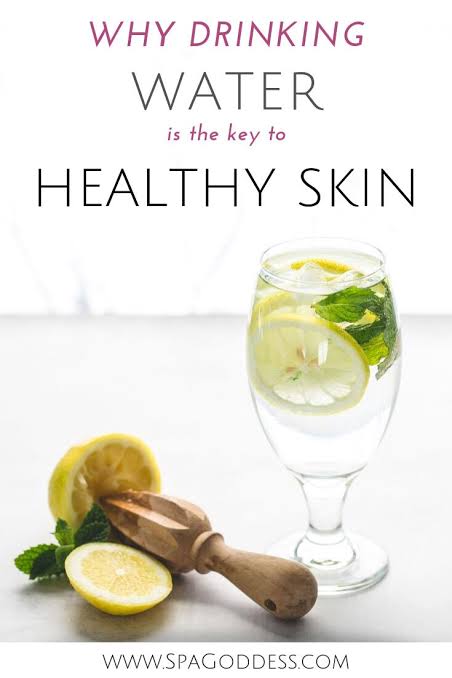
No doubt you know the old saying. “Eight glasses of water a day helps your body in addition to keeping your skin healthy and hydrated.” But, is that necessarily true? How much water do you need each day without feeling like you’re going to float away?
New research shows that the amount of water you need depends on many different factors, including your gender, age, and environmental temperatures and humidity, for starters. The recommendation changes depending on the number of hours and nature of exercise, how efficiently your body uses fluids, and the percentage of muscle mass to fat. Once you know this, you may not need to drink all that much water.
The new guidelines for your needs are in this equation: Body weight of 0.31 for an active 135-pound woman, that translates to 41.86 ounces. Using the International Bottled Water Hydration Association’s calculator, however, that 135-pound woman, who exercises 30 minutes at a moderate level, needs 75.5 ounces of water. If you follow the principle of replacement, this is what works: The average adult loses about 10 cups (80 ounces) of water per day to maintain fluid balance.
Simply put, you need to replace that amount each day, according to the American Dietetic Association’s Complete Guide to Food and Nutrition. The adequate water intake for men is 3.7 liters (125 ounces) per day and 2.7 liters (91 ounces) per day for women.
Simply put, you need to replace that amount each day, according to the American Dietetic Association’s Complete Guide to Food and Nutrition. The adequate water intake for men is 3.7 liters (125 ounces) per day and 2.7 liters (91 ounces) per day for women.
There is no argument, however, that your body needs water. Water makes up about 60 percent of an adult’s body weight and an even higher percentage for a child. Because water makes up about three-quarters of the weight of soft tissue and less than a quarter of the weight of fat, a person’s body composition affects the amount of water by body weight. The percentage of water is generally lower in females, the obese, and the elderly because they have less tissue.
Water plays many roles in the body, including nourishing cells by carrying nutrients to them, carrying food through the body, removing waste, cleaning toxins from vital organs, regulating temperature, cushioning and lubricating joints, maintaining blood volume and pressure, and providing a moist environment for the ear, Nose and throat. Water also helps “maintain the synthesis of large molecules such as protein and glycogen,” according to Stahl, “and acts as a cofactor for minerals, vitamins, amino acids, glucose, and many other small molecules to participate in metabolic activities.”
Remember, too, that water isn’t your only option when it comes to maintaining moisture. Many fruits and vegetables, such as melons, cucumbers, lettuce, crepe fruits, and broccoli, contain almost 100 percent by weight of water. Milk, juice, and tea are often made from water, and any drink that does not contain caffeine is considered part of the daily amount of water






